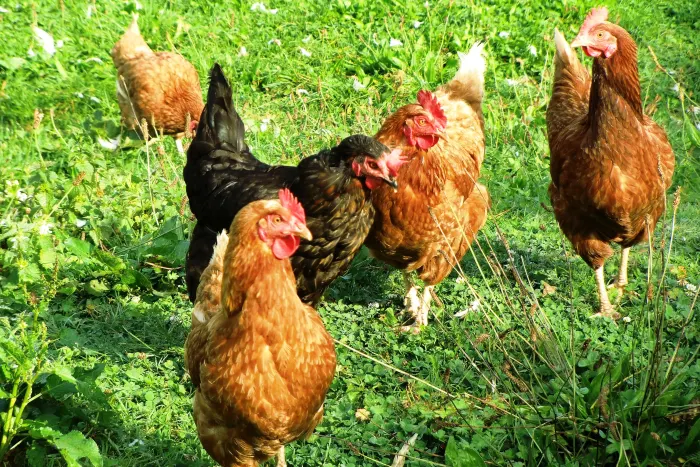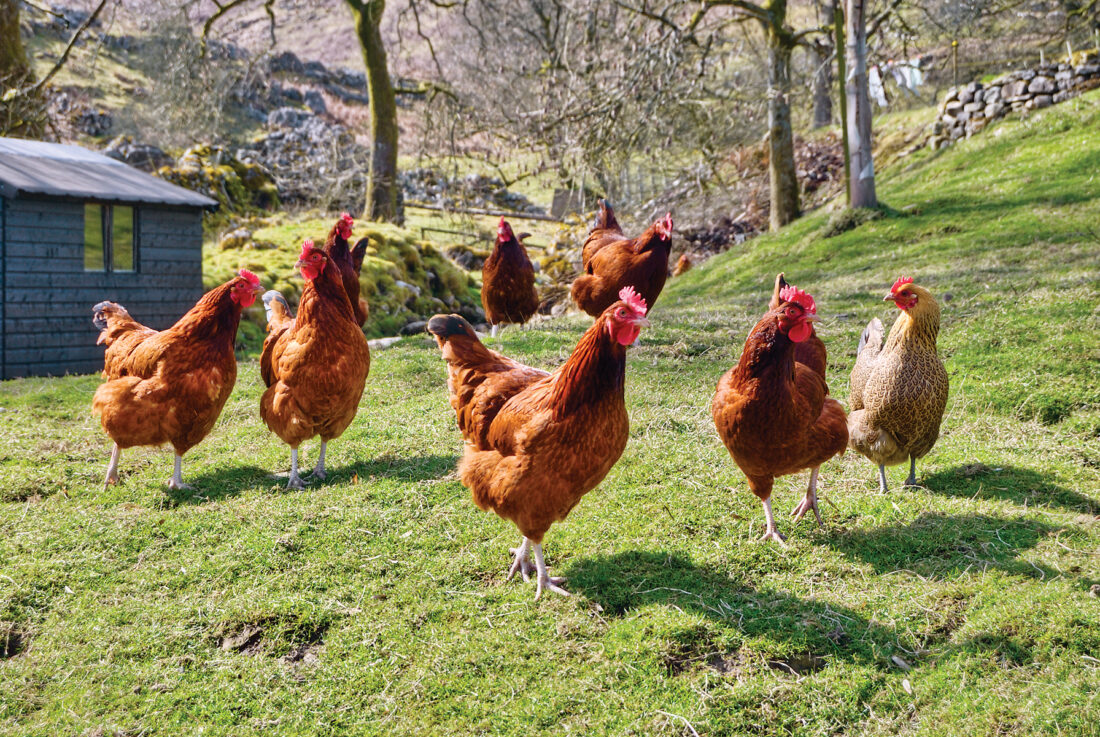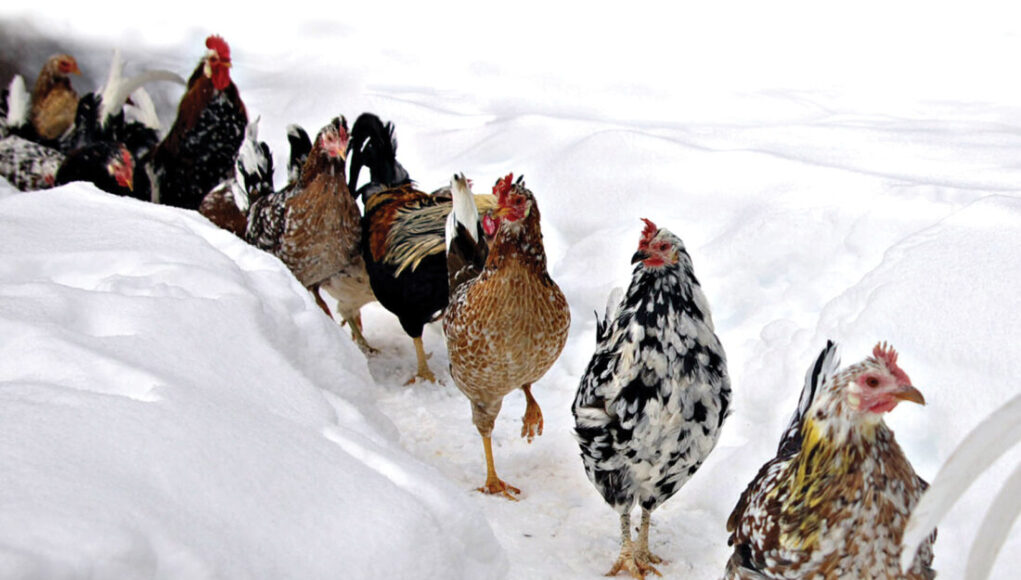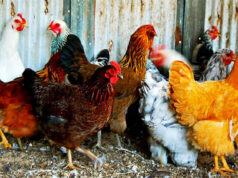Are you a poultry enthusiast who’s delighted with the fresh chicken eggs your hens are laying? Caring for fresh chicken eggs is crucial to ensure their quality and longevity. This article will guide you through the process and offer tips on handling, storing, and even cleaning fresh chicken eggs.

The Importance of Proper Egg Care
Understanding the significance of proper egg care is vital for any aspiring poultry keeper. Fresh chicken eggs, when properly handled, not only stay fresh longer but also maintain their nutritional value. Improper care, however, can lead to quality degradation, increased risk of contamination, and reduced egg shelf life.

Collecting Fresh Eggs
When to Collect Eggs
It’s essential to collect eggs frequently, preferably twice a day: once in the morning and once in the evening. Regular collection prevents the eggs from getting soiled or cracked and reduces the risk of hens pecking at them.
How to Collect Eggs
When collecting eggs, handle them gently to avoid cracks. Using clean hands or gloves, carefully place the eggs in a basket lined with straw or a soft cloth to cushion them.

Cleaning Fresh Eggs
To Wash or Not to Wash?
There’s a debate among poultry keepers about whether to wash fresh eggs. In general, unwashed eggs have a protective bloom that keeps bacteria out. However, if eggs are visibly soiled, washing might be necessary.
How to Wash Fresh Eggs
If you decide to wash your eggs, use warm water and a mild detergent. Gently scrub the eggs with a soft brush and then rinse them. Allow the eggs to dry completely before storing to prevent bacterial growth.

Storing Fresh Eggs
Best Storage Conditions
Store fresh chicken eggs in a cool, dry place. Ideally, eggs should be kept at temperatures between 45F and 55F (7C to 13C). A refrigerator is a great option, but make sure to place them in the main compartment rather than the door to avoid temperature fluctuations.
Storing Eggs in Cartons
Store eggs in cartons with the pointed end down. This position helps maintain the yolk’s centered position and keeps the egg fresh longer. Egg cartons can also help prevent odors from other foods from affecting the eggs.
Handling Fresh Eggs
Inspecting Eggs
Before using or storing eggs, inspect them for cracks or damage. Discard any eggs with visible cracks, as they can harbor bacteria.
Rotating Eggs
Practice the ‘first in, first out’ principle to ensure that older eggs are used before fresher ones. This helps maintain a consistent supply of fresh eggs.
Preserving Fresh Eggs
Freezing Eggs
If you have an abundance of eggs, consider freezing them. Crack the eggs into a bowl, beat them lightly, and then pour them into ice cube trays. Once frozen, transfer the egg cubes to a freezer-safe bag. Frozen eggs can be stored for up to a year.
Water Glassing Eggs
This old-fashioned method involves storing eggs in a solution of water and pickling lime. The lime creates a barrier that keeps the eggs fresh for months.
Using Fresh Eggs
Baking with Fresh Eggs
Fresh eggs provide rich flavor and texture to baked goods. Always use room-temperature eggs for better results in recipes.
Cooking with Fresh Eggs
Whether you’re making scrambled eggs, omelets, or hard-boiled eggs, fresh eggs can make a big difference in flavor and quality.
Checking Freshness
To test an egg’s freshness, place it in a bowl of water. Fresh eggs will sink, while older eggs will float. It’s a simple and effective method to ensure you’re using the best quality eggs.
Chicken Diseases
Laying hens are susceptible to various diseases that can affect egg production and quality. Stay informed about common chicken illnesses and how to prevent them.
Considerations for Organic Eggs
If you’re raising organic hens, ensure that your feeding and care practices align with organic standards. Organic eggs often require more stringent care protocols.
Signs of Poor Egg Health
Pay attention to the quality of your eggs. Thin shells, off-colors, or unusual textures could be signs of health issues in your hens.
External Resources for Egg Care
Chicken Care Basics
Brush up on basic chicken care principles by exploring this comprehensive guide on caring for chickens 101.
FAQ
How often should I collect eggs?
It is recommended to collect eggs twice a day – once in the morning and once in the evening.
Is it necessary to wash fresh eggs?
Washing eggs can remove the protective bloom. If you choose to wash them, use warm water and mild detergent.
How long do fresh eggs last?
When stored properly, fresh eggs can last for several weeks to a few months.
As an Amazon Associate, I earn from qualifying purchases.
As an Amazon Associate, I earn from qualifying purchases.










